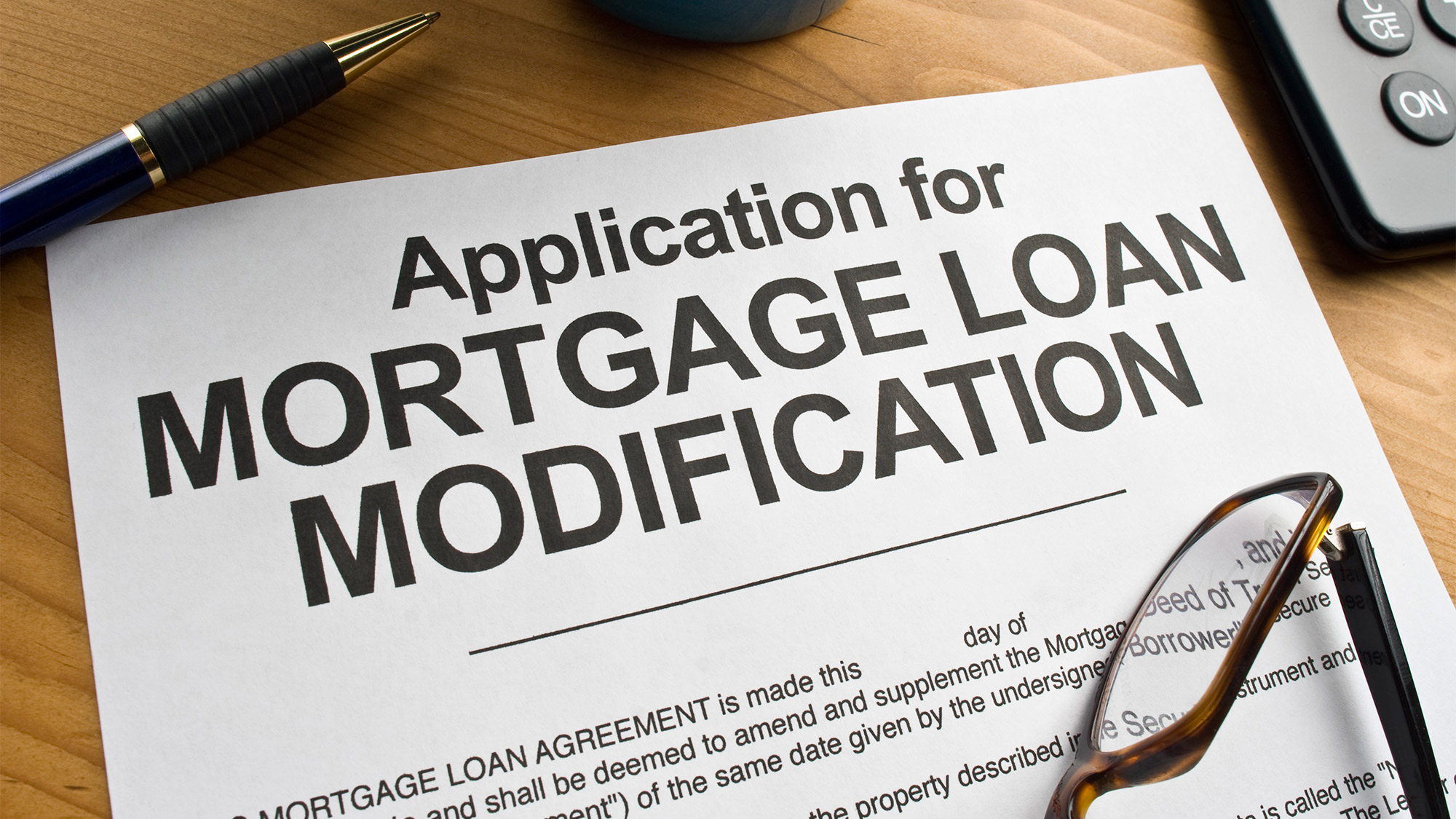Impending Foreclosures and Evictions: The End of Moratoriums
Tue Jun 29, 2021 by Oppenheim Law on Florida Foreclosures, Florida Law News, Florida Real Estate, Foreclosure Defense, Foreclosure Law, Loan Modification, News, Press Releases, Real Estate & South Florida Law Blog News

To combat the financial burden families faced as a result of the coronavirus pandemic, the CDC instituted eviction moratoriums while other agencies instituted other borrower protection measures. These programs will expire for most Americans sometime this summer, 18 months after they were initially launched at the beginning of the pandemic. However, due to government aid bottlenecks and growing fear of a foreclosure crisis brewing, the Biden administration has decided to extend a multiple of these programs throughout the summer.

Included in the new set of measures launched by the government, and perhaps the highlight of the government order, is the extension of the eviction ban from next Wednesday to July 31st for individuals making less than $99,000 per year ($198,000 if filing jointly). The extension of the moratorium by just one month might sound inconsequential, and although by itself it will not change the outcome of many Americans, it might buy enough time for other federal aid to reach families. In fact, it is believed that the fear of a sudden wave of foreclosures in the coming month was the main reason as to why the Biden administration decided to extend more aid to households.

According to the CDC, states, territories, and localities had over $33 billion in federal aid to offer rental assistance in Q1 yet the number of households helped suggest the aid was not being given out in a timely manner. As reported in the same letter by the CDC, the Department of Treasury found that there were 96,000 more households served in May than in all of Q1 (when the aid was given). The Department of the Treasury also found that the number of households served increased by 50% in May, compared to the previous month, indicating that the bulk of households are just receiving aid in the past couple of months. The concern that many families have yet to receive rental assistance, the time it took for local governments to give out federal aid, and the fact that some states just started accepting applications as late as June 1st (less than a month before the original expiration date on the moratorium), prompted the Biden administration to extend the moratorium in hopes of allowing the remaining households to receive the aid they applied for before they are forced to vacate their homes due to not being able to make payments. Presumably for similar reasons, the Federal Housing Finance Agency also extended the ban on foreclosures and REO evictions until July 31st.

Alongside the extensions on the moratoria, the Federal Housing Administration expanded the forbearance policy and established new loan modification guidelines. Homeowners can now request an initial COVID-19 Forbearance as late as September 30th, with the previous deadline being June 30th. Borrowers that request a forbearance between July 1st 2021 and September 30th 2021, however, will receive a maximum six-month forbearance. Homeowners who started their forbearance before June 30th, 2020, can receive two, individual, three-month extensions. Those borrowers who started their forbearance between July 1, 2020 and September 30, 2020 will receive one three-month extension on their existing forbearance.
The COVID-19 Advance Loan Modification (ALM) program announced by the FHA alongside the extensions on forbearance programs aims to the change the terms of the mortgage of those property owners who are more than 90 days delinquent. The new ALM program aims for a minimum 25% reduction to a borrower’s monthly principal & interest (&I) payment by offering a 30-year fixed rate and term mortgage modification. Mortgagees are expected to review for eligible borrowers for ALM, as well as proactively reach out and send loan modification documents to eligible borrowers. Lastly, any late fees or penalties accrued after March 1, 2020 must be waived. Mortgagees do not have to get in contact with borrowers before reviewing them for an ALM or sending out any documents.

The Biden administration has made clear that with these extensions they want to “mitigate harmful evictions and prevent a flood of evictions when the moratorium ends,” but claim that this latest extension on the moratoria and other policies will be the last.
The question remains as to how the court system and real estate market will transform and react to the ending of potentially all moratoria. We will keep you abreast as to relevant information concerning the eventual foreclosure and eviction tide. In the interim, should you have any questions, please contact us at 954-384-6114 or e-mail us at contactus@oppenheimlaw.com.
From the Trenches,
Roy Oppenheim


Thx U. It’s a wonderful informative
explanation of the rules and regulations
as ur office always does, You and ur
staff are examples of professional
integrity, a blessed day 2 all!
William Brody Hollywood Florida